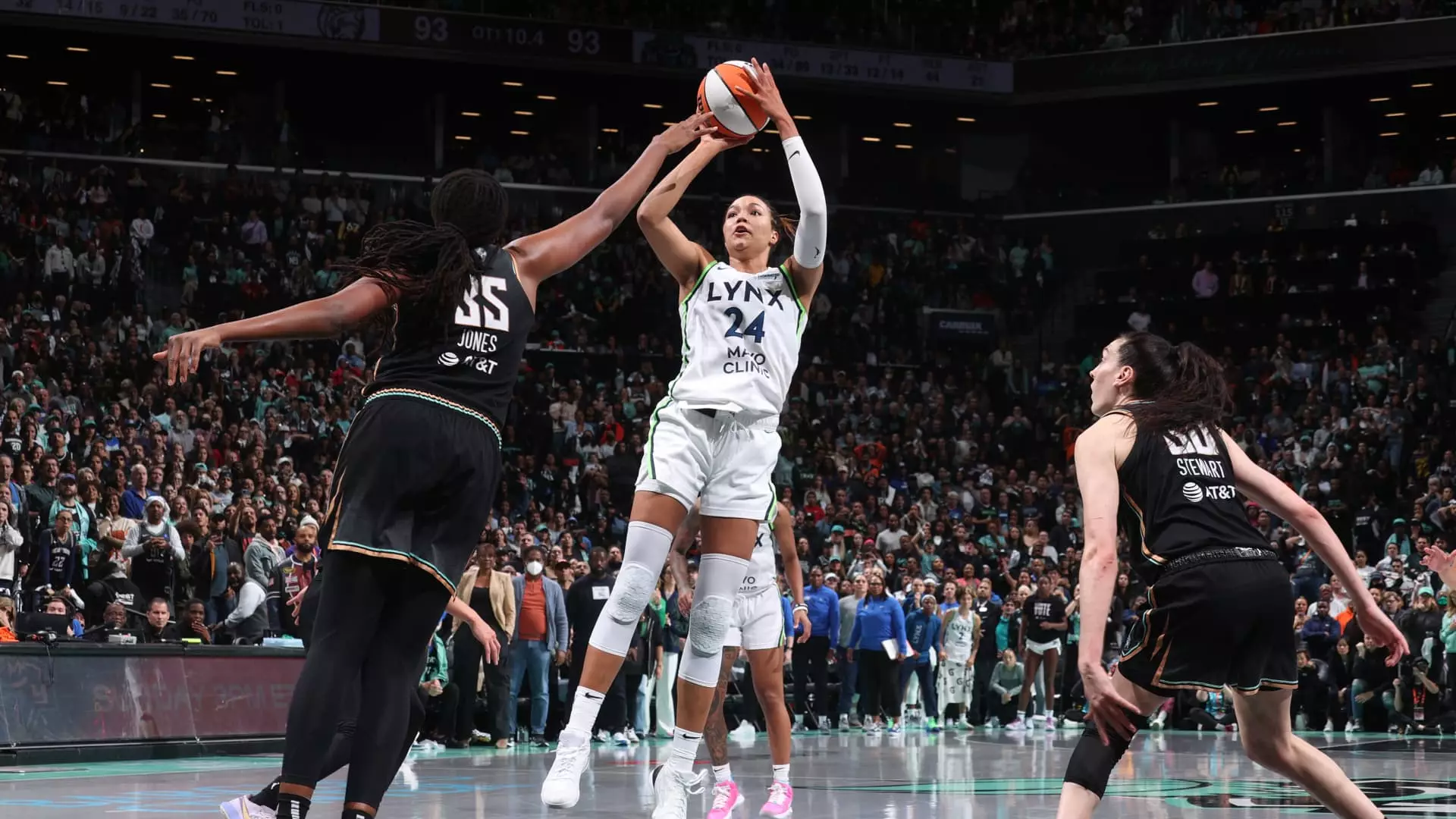The Women’s National Basketball Association (WNBA) stands at a pivotal juncture. As it prepares for the 2025 season, the league promises an exhilarating future for basketball enthusiasts. Major changes, including an extended regular season and the introduction of additional teams, signal the WNBA’s commitment to elevating women’s sports and providing fans with increased access to their favorite athletes.
Effective 2025, the WNBA will expand its regular season from 40 games to 44 games, a decision driven by a burgeoning fanbase and a clear mandate to enhance the viewing experience. According to WNBA Commissioner Cathy Engelbert, the modification aims to acknowledge the league’s growing significance in the sports arena. “The league’s growth and increased demand for WNBA basketball made this the ideal time to expand the schedule,” Engelbert explained. This change not only demonstrates the league’s responsiveness to its audience but also reflects a broader trend in sports where leagues are adapting to fans’ desire for more content.
Furthermore, the Finals series will shift from a five-game to a seven-game format, transitioning to a 2-2-1-1-1 home game schedule for the teams that make it to the championship round. This modification aims to enhance competitiveness and drama, providing teams with an opportunity to showcase their skills over a prolonged period. The decision to adopt different hosting arrangements for the playoff structures further substantiates the WNBA’s commitment to fairness and maximizing the competitive spirit, both of which are integral in driving engagement and excitement.
Beyond the schedule changes, the debut of the Golden State Valkyries as the league’s 13th team marks a substantial leap for the WNBA. The introduction of two more teams in Toronto and Portland slated for 2026 signifies a clear intent on expanding geographical reach while tapping into diverse markets. These initiatives signal a robust plan for the future, one that not only encompasses team development but also a rise in interest and participation in women’s basketball across North America.
The decision to expand comes on the heels of a lucrative media rights deal valued at $2.2 billion over 11 years, indicative of the rising commercial viability of women’s sports. Stakeholders recognize that women’s basketball isn’t merely a novelty; it’s becoming a necessity for leagues and investors. This translates into growth opportunities that can appeal to a wider audience and financial backing that would previously have seemed unreachable.
Despite the WNBA’s progress, challenges persist. As the league thrives, incidents of racial discrimination and online harassment have emerged among players, issues that need critical examination and swift action from leadership. Engelbert’s initial response to such incidents received backlash, indicating that while growth is essential, addressing the off-court issues is equally crucial. Her subsequent condemnation of racism reflects a growing understanding of the responsibilities associated with the league’s platform, underscoring the need for ongoing dialogue around player welfare and safety.
Moreover, the influx of standout athletes, such as Caitlin Clark and Angel Reese, has coincided with the rise of established stars like Breanna Stewart and A’ja Wilson, whose performances resonate with fans both on and off the court. This refreshing blend of new talent alongside seasoned players is pivotal in maintaining momentum for the league, fostering a richer narrative that captures both seasoned and new audiences.
As the WNBA gears up for an ambitious future, it serves as a transformative force in women’s sports. The combined effects of expanded play opportunities, new franchises, and the commitment to tackling societal issues reflect the league’s desire to stand at the forefront of sports evolution. The 2025 season marks not just a continuation, but a significant leap forward—offering larger stages for female athletes while inspiring generations of fans. Ultimately, as the WNBA writes its next chapter, it is poised to not only redefine women’s basketball but also enhance its legacy as a champion of equality in sports.

